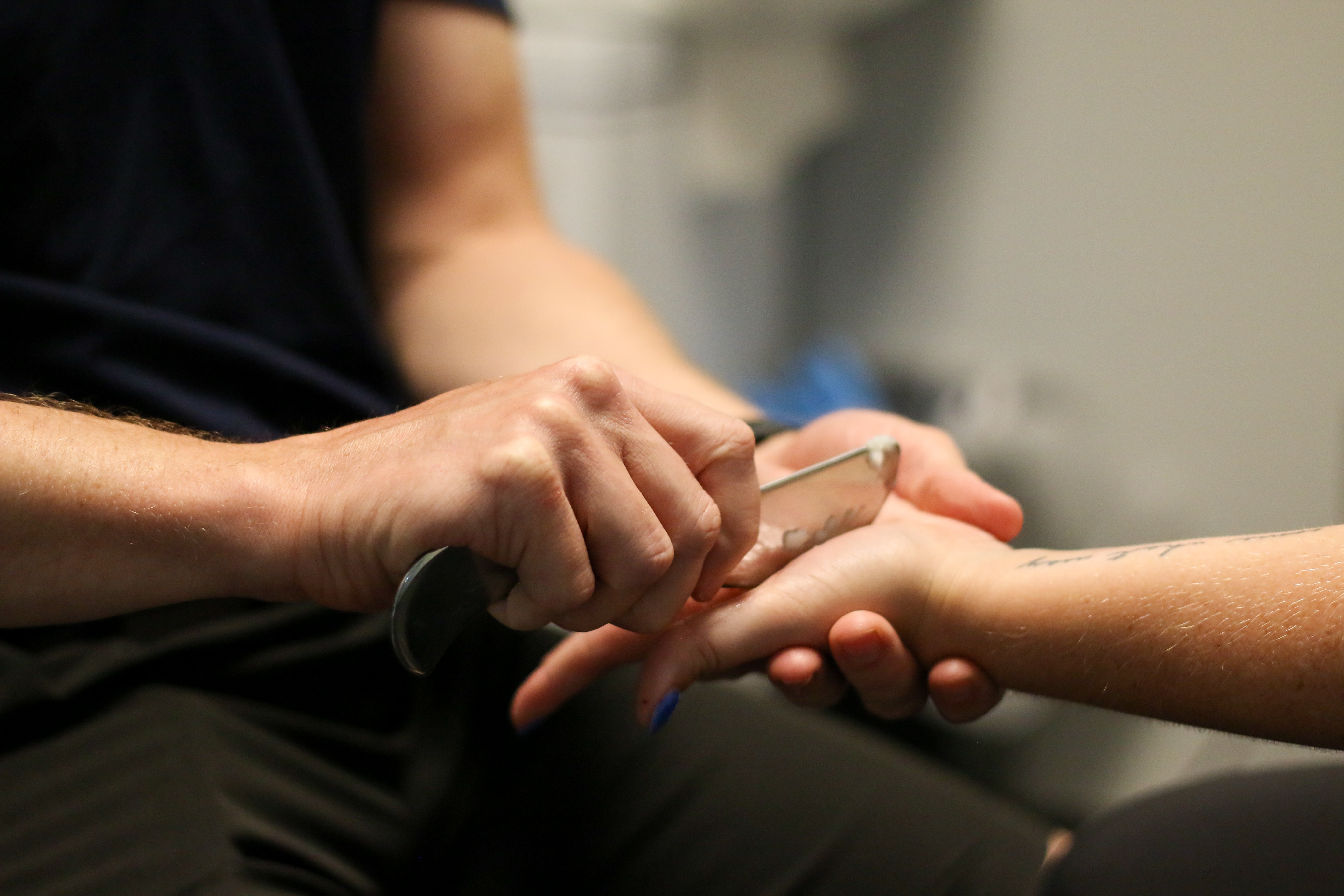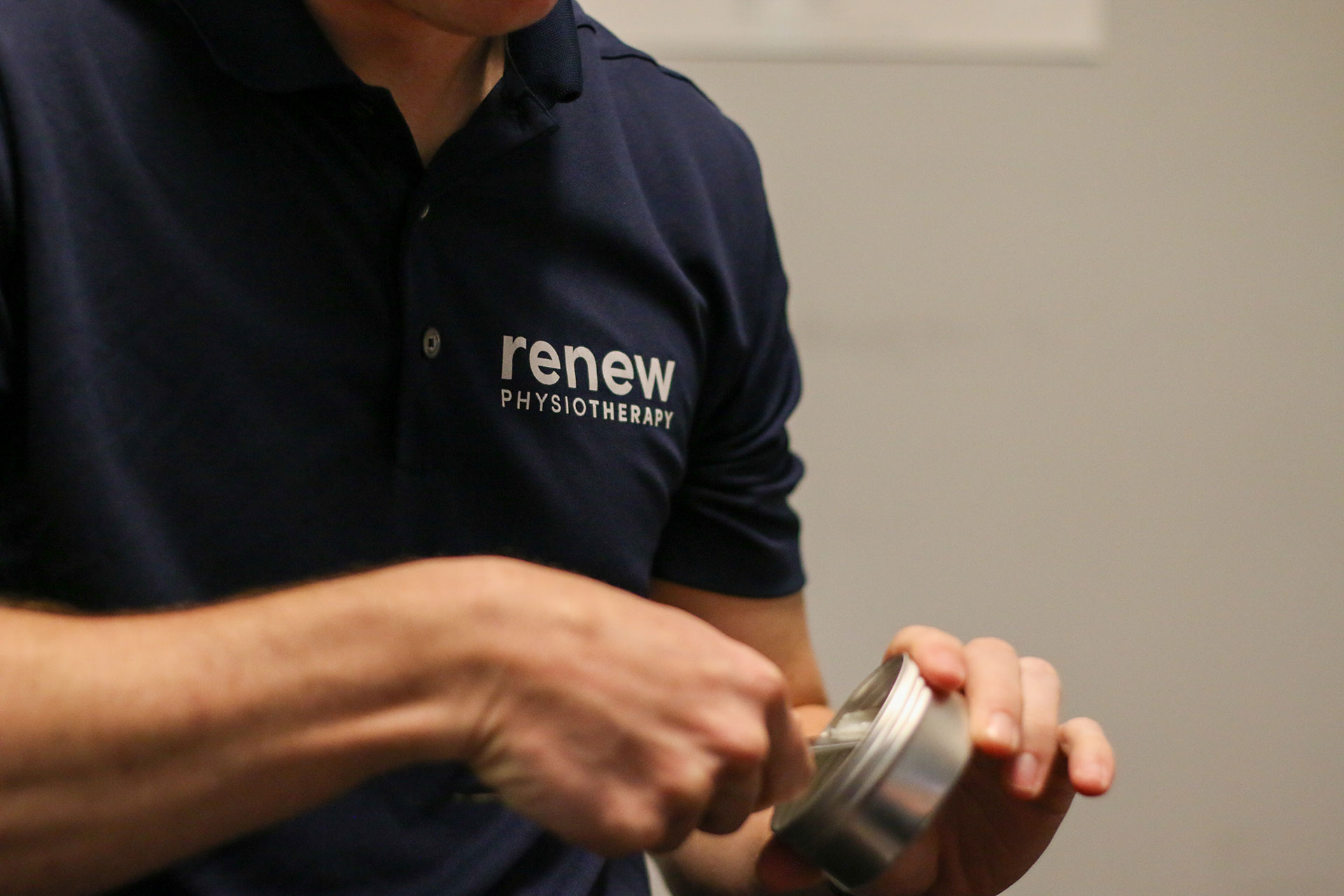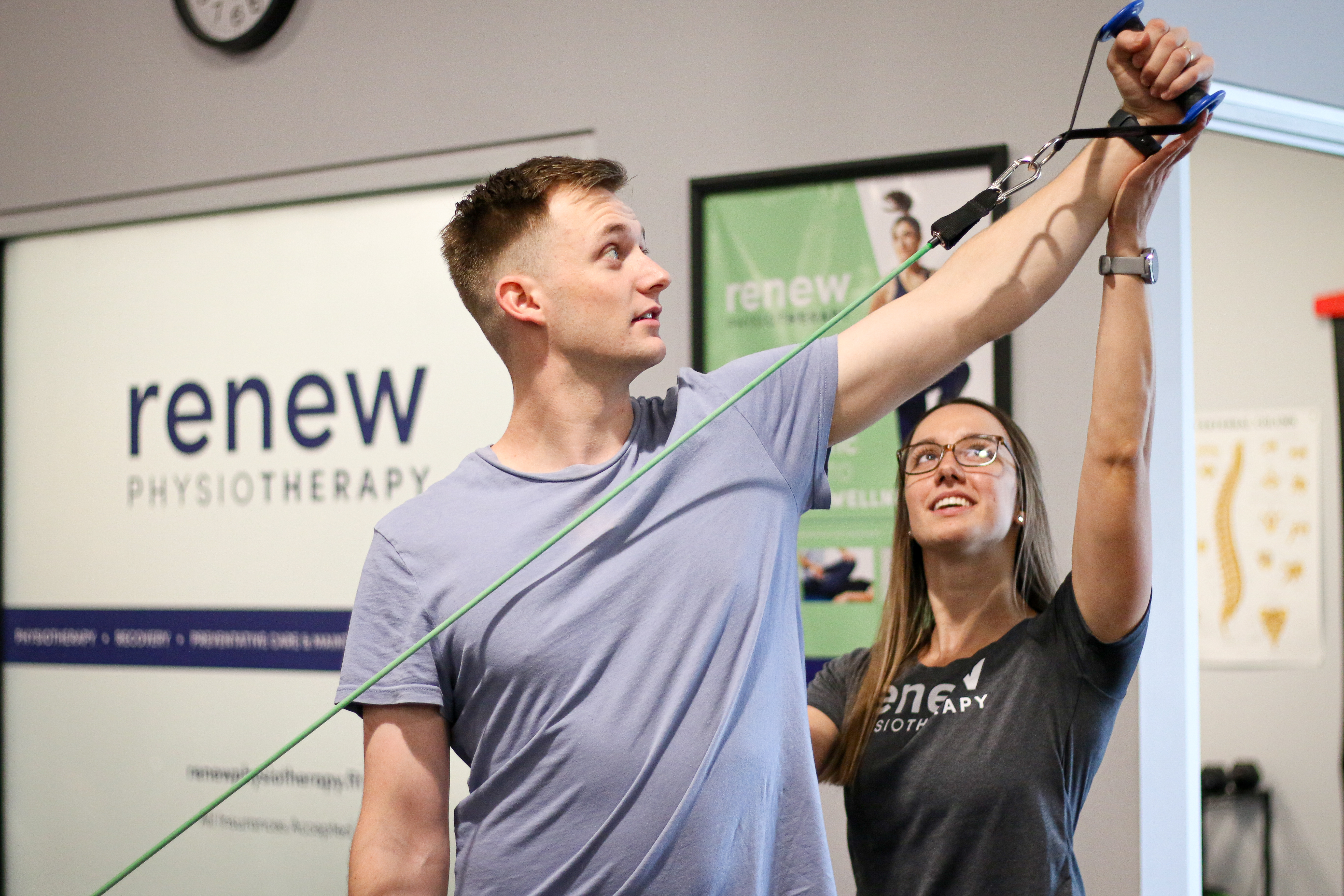What is Instrument Assisted Soft Tissue Mobilization?
Instrument assisted soft tissue mobilization (IASTM) uses special instruments to treat myofascial restriction and scar tissue. It is similar to a standard massage, but the specialized instruments are used instead of the therapist’s hands and allow more direct treatment of the soft tissues. IASTM is a popular treatment for muscle, ligament, and tendon injuries.
The therapist will detect and treat fascial restrictions, encourage rapid breakdown and healing of areas exhibiting soft tissue fibrosis, chronic inflammation, or degeneration. The remodeling of the tissue helps decrease pain and thus improve overall function and movement.

Benefits of IASTM
The goal of Instrument Assisted Soft Tissue Mobilization is to help decrease pain and improve overall movement by encouraging the breakdown of myofascial restrictions and scar tissue. Some of the most common benefits of IASTM include:
- Improve range of motion
- Reduce pain
- Restore proper function
- Improve mobility
- Relieve stiffness
- Faster recovery time
What conditions does IASTM treat?
Instrument Assisted Soft Tissue Mobilization is a popular technique used to treat people dealing with soft tissue injuries, muscle and ligament strains, and other tendinopathies. Here are some of the most common conditions we treat using IASTM at Renew Wellness:
- Acute Sprains and Strains
- Plantars Fasciitis
- Shoulder Pain and Rotator Cuff Injuries
- IT Band Syndrome
- Carpal Tunnel Syndrome
- Tennis Elbow
- Scar Tissue

NEW PATIENT SPECIAL
Get your first visit for free!
Want to learn more about our services and treatments? Provide your information below to claim a free 20-minute screening!
Reviews
Real Results from Renew
Need more information? Frequently Asked Questions
What is the instrument made of?
The instrument is made of steel.
What are myofascial restrictions?
Myofascial restrictions are areas of tightness in the body's fascia. According to John Hopkins Medicine, fascia is "a thin casing of connecting tissue that surrounds and holds every organ, blood vessel, bone, nerve fiber and muscle in place." Restrictions in the fascia can restrict the body's movement and flexibility.
What causes myofascial restrictions?
Myofascial restrictions can be caused by a variety of things, including a specific trauma such as surgery or injury, repetitive movement and overuse, or limited physical activity.
Is Instrument Assisted Soft Tissue Mobilization painful?
IASTM feels similar to a deep tissue massage, with the physiotherapist applying firm pressure to the tool as they glide it in a scrapping fashion across the treatment area. Sometimes the pressure can feel uncomfortable, but you shouldn't feel any intense pain during the treatment. Massage cream is typically used to allow the tools to move across the treatment area more freely.
What are the side effects of Instrument Assisted Soft Tissue Mobilization?
Muscle soreness and redness are the primary side effects of IASTM treatment.
How long does it take to see results?
Individuals will respond differently to IASTM depending on the area being treated and the goal of treatment. Many patients see improvements in range of motion and pain level after just one session. Several weeks of IASTM treatment are usually needed to achieve full results.









